The revenge porn hotline is a free confidential service run by South West Grid for Learning. ''Don't suffer in silence. Call us for free, confidential advice and support. Whilst we cannot guarantee removal of all images online, our exceptional partnerships with internet industry partners allows us to minimise the reach, and some of the harm caused by revenge porn.'
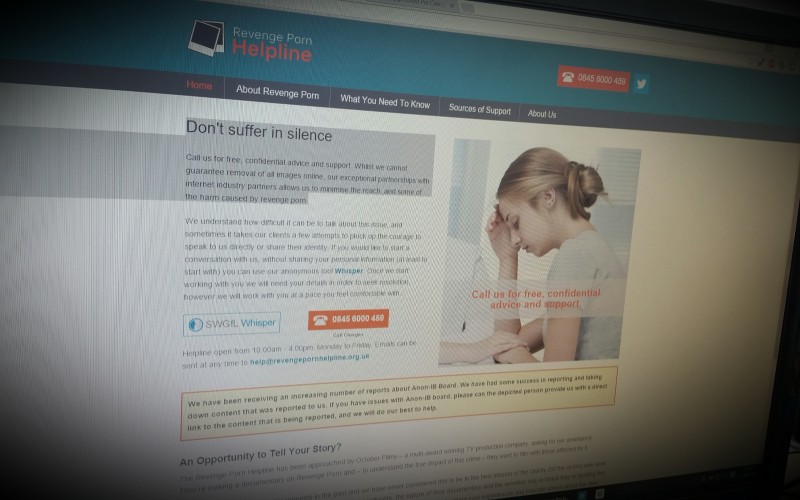
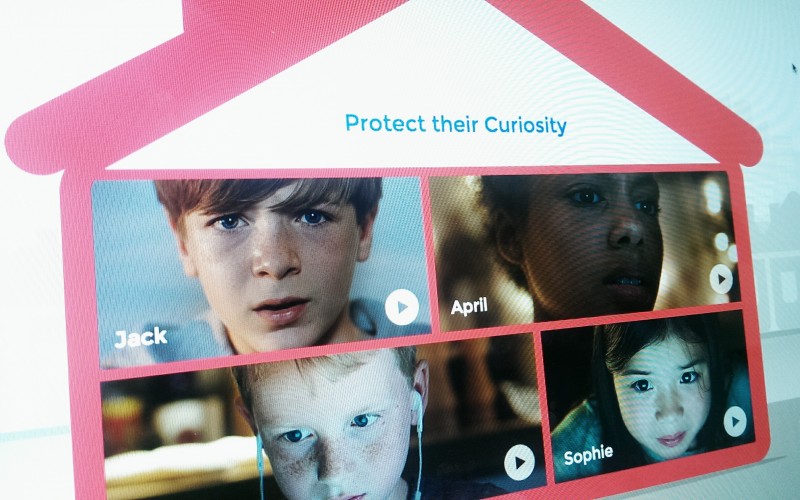
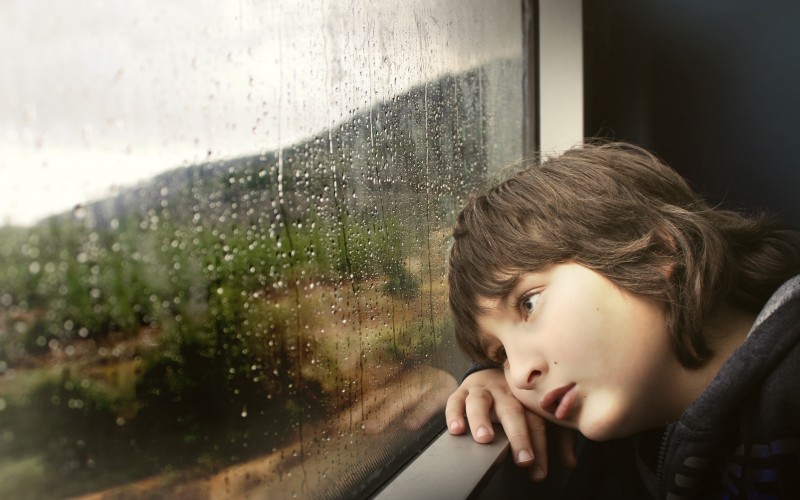
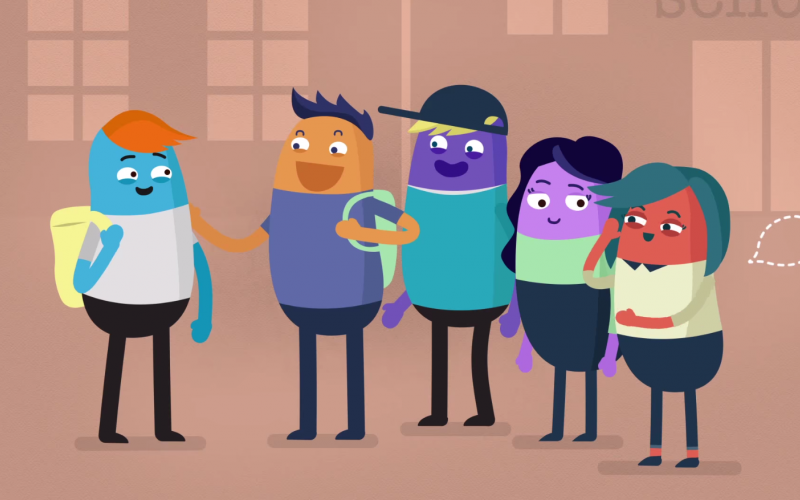

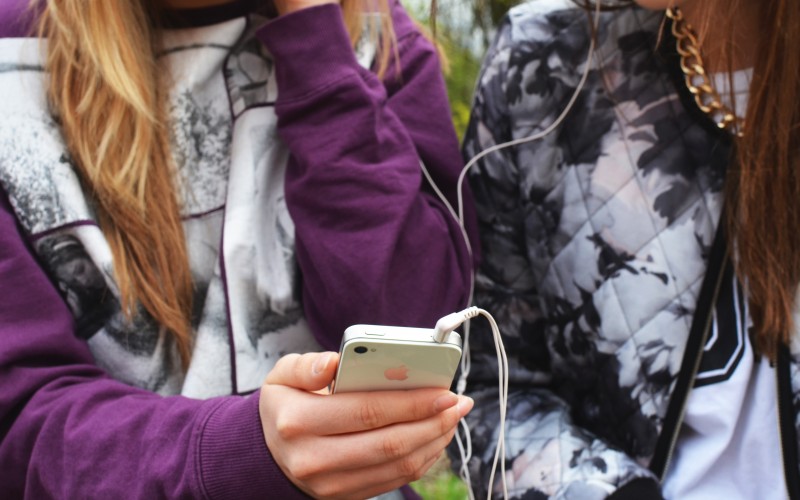
Comments
make a comment